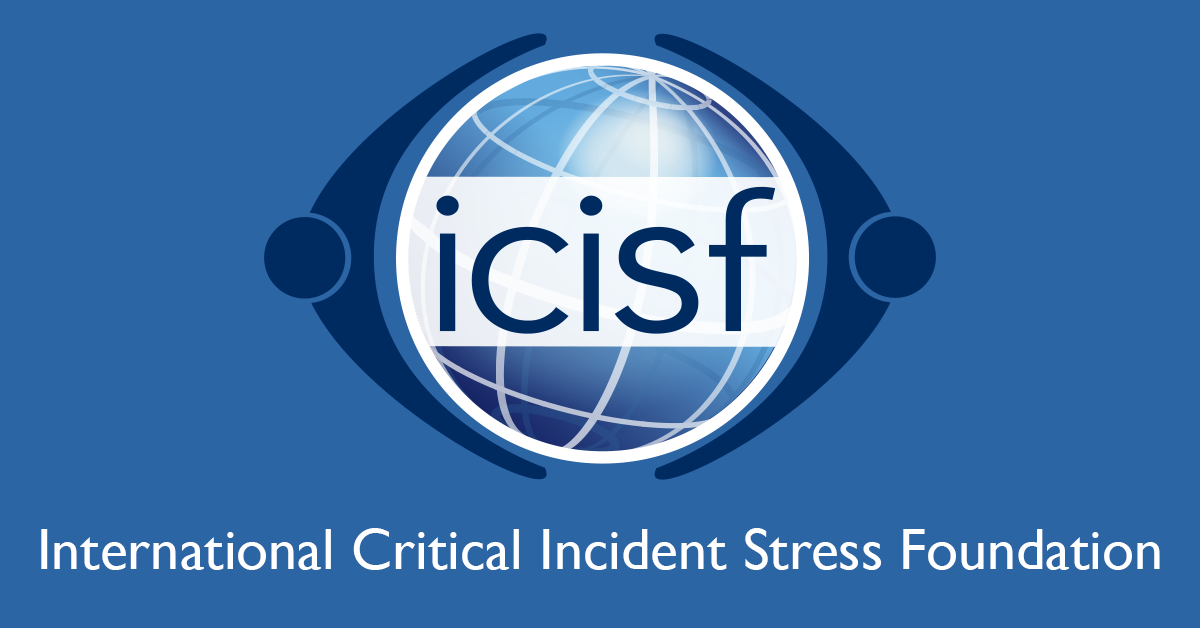|
In most cases, it is considered unethical for a mental health professional to allow parents to schedule counseling appointments for their adult children without a signed release of information. Here's why:
It is important for mental health professionals to carefully navigate these ethical and legal considerations and prioritize the well-being, autonomy, and confidentiality of their adult clients. What does a counseling release of information allow parents of adult children to do on their behalf? A counseling release of information, also known as a consent form or a HIPAA release, allows parents of adult children to access certain information and be involved in their child's counseling process. The specific permissions and limitations granted through a release of information can vary depending on the content of the form and the laws of the jurisdiction. Here are some common aspects typically covered by a release of information:
It's crucial to consult with the therapist or counseling agency regarding their specific policies and procedures for releases of information, as they may have additional requirements or limitations based on legal and ethical guidelines. Ultimately, the release of information allows parents to be involved in their adult child's counseling process within the boundaries agreed upon by all parties involved. If you have any questions regarding this specific issue, do not hesitate to contact Hayne Steen at [email protected].
0 Comments
Leave a Reply. |
ELBOW TREEArchives
July 2023
Categories
All
|


 RSS Feed
RSS Feed














